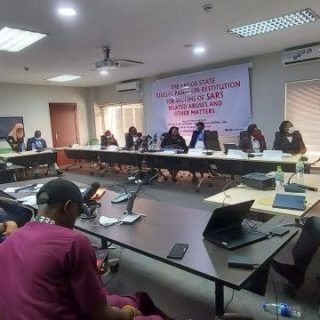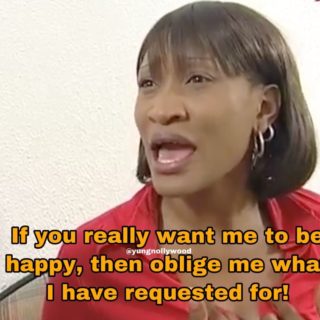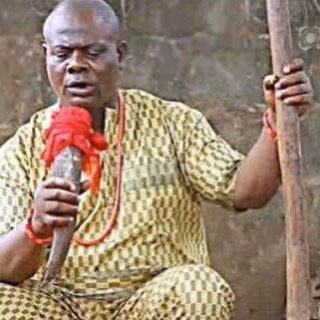I’m already broke from all the girls I’m chasing, and so I’m really concerned if we will actually be paying more for electricity by September. But it turns out there’s no answer on Obasanjo’s internet for that. In fact, the more you look, the less you see – even if you’re wearing binoculars.
Backstory
So reports filtered in early Wednesday morning that the President had approved electricity tariff increase by September 1. Now, an electricity tariff increase was supposed to have gone ahead by April 1 this year, but it was moved to July because of the economic challenges caused by the Covid 19 pandemic and the opinion that Nigerians were cash-strapped (or broke) at the moment. The July tariff increase was later postponed to the first quarter of 2021 after the National Assembly met with the regulators and concluded that the “time was not right” because of, again, economic challenges caused by Covid 19.
Multi-Year Tariff Order
You may be wondering what soil these tariff increases grow from, and how they come about? Well, according to the Electric Power Sector Reform Act which was enacted in 2005 after NEPA was unbundled (bet you still say “UP NEPA”), the National Electricity Regulatory Commission (NERC) is empowered by Section 76 of the Act to establish a methodology for determining electricity tariffs within the Nigerian Electricity Supply Industry.
The NERC subsequently came up with what they called the “Multi Year Tariff Order” which is basically a 15 year effective pricing plan for Nigeria’s electricity industry, subject to review every 5 years – accounting for inflation, interest rates, exchange rates and generation capacity.
The last tariff increase was in 2015 and the next one was supposed to be this year – 2020. However: “men plan and Covid plans, but Covid is the best of planners”.
“And the borrower shall be a servant of the lender”
Ordinarily, and going by the facts above, we shouldn’t be seeing any electricity tariff increase till the first quarter of 2020 – which means I can go on with my lau lau spending. But Nigeria wants a $3 billion loan from the World Bank, and electricity tariff increases are reportedly part of World Bank’s conditions for giving this money. That meins, we die there.
I mean, the release from the NERC yesterday night says it all. The government does not want to increase electricity tariffs, but it also wants to fulfill loan conditions, and so it has come out with an ambiguous statement on how there will be no tariffs for the “poor and vulnerable” and how Buhari has directed an end to estimated billing and has ordered mass metering. The communique by NERC also stated the tariff increases will be conducted by the DISCOS on per customer basis. But when, at what specific price and at which electricity customer class, we still do not know.
All of this reminds me of the exact same issue we have with PMS where fuel subsidies have been removed but fuel prices are still being regulated. Instead of us to fix the underlying issues in a sector, we will rather paper the cracks. “Nigeria – my country, my country”.
Check back every weekday by 10am for more Zikoko Citizen stories.




